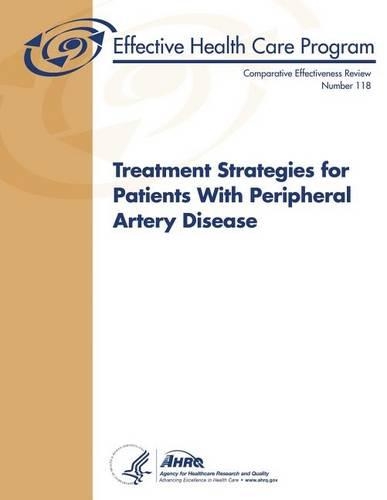
Treatment Strategies for Patients with Peripheral Artery Disease
Series: English
Peripheral artery disease (PAD) refers to chronic narrowing or atherosclerosis of the lower extremities and represents a spectrum of disease severity from asymptomatic disease to intermittent claudication (IC), to critical limb ischemia (CLI). PAD has a similar atherosclerotic process to coronary artery disease and shares similar risk factors: male gender, age, diabetes, smoking, hypertension, hig
NaN
VOLUME
English
Paperback

Peripheral artery disease (PAD) refers to chronic narrowing or atherosclerosis of the lower extremities and represents a spectrum of disease severity from asymptomatic disease to intermittent claudication (IC), to critical limb ischemia (CLI). PAD has a similar atherosclerotic process to coronary artery disease and shares similar risk factors: male gender, age, diabetes, smoking, hypertension, high cholesterol, and renal insufficiency. PAD is known to be associated with a reduction in functional capacity and quality of life as well as an increased risk for myocardial infarction (MI), stroke, and death; it is also a major cause of limb amputation. Therefore, the general goals of treatment for PAD are cardiovascular protection, relief of symptoms, preservation of walking and functional status, and prevention of amputation. The optimal treatment for PAD
Price Comparison [India]
In This Series
Bestseller Manga
Trending NEWS




















